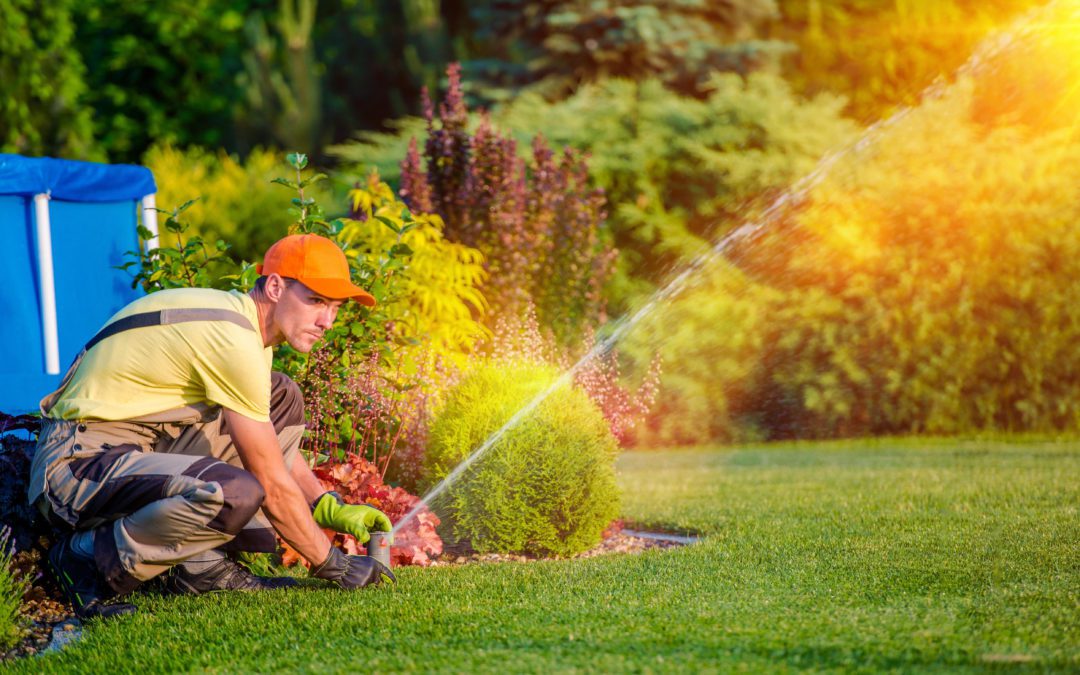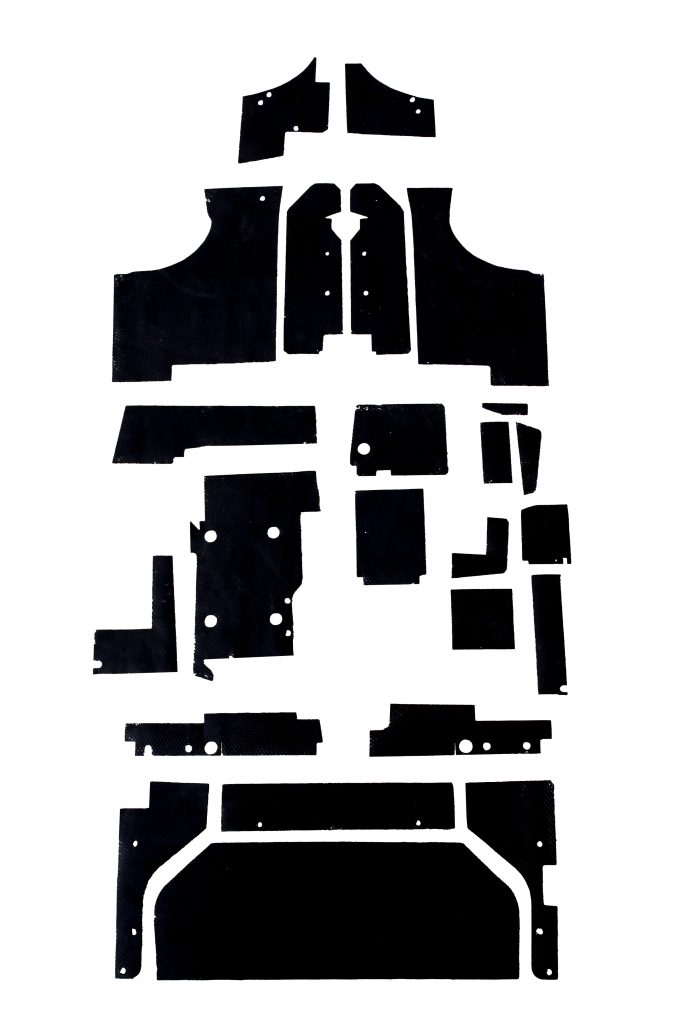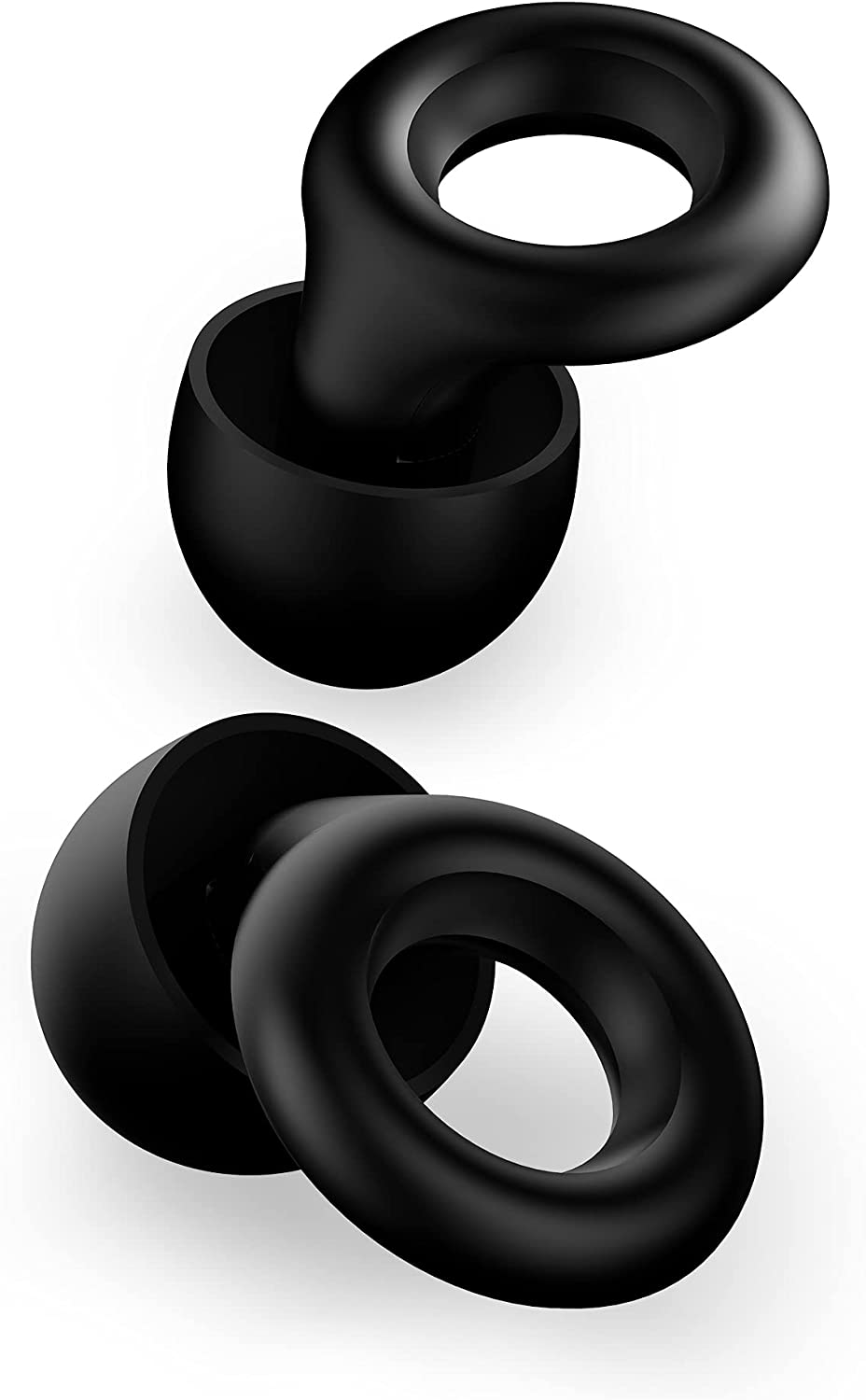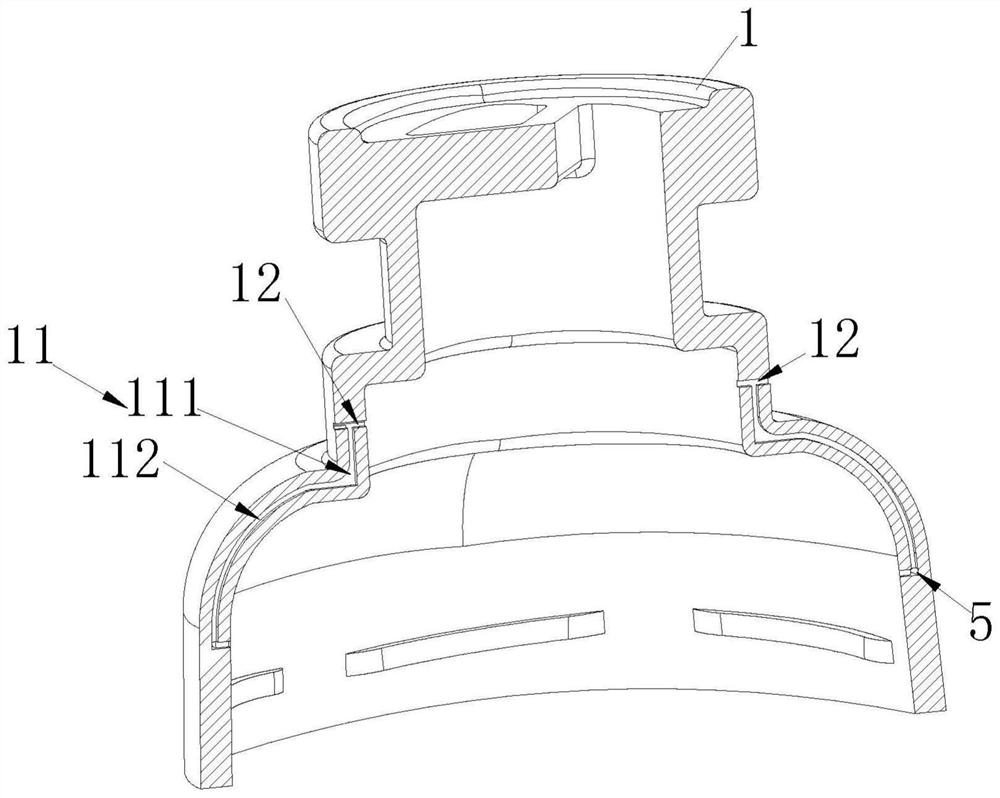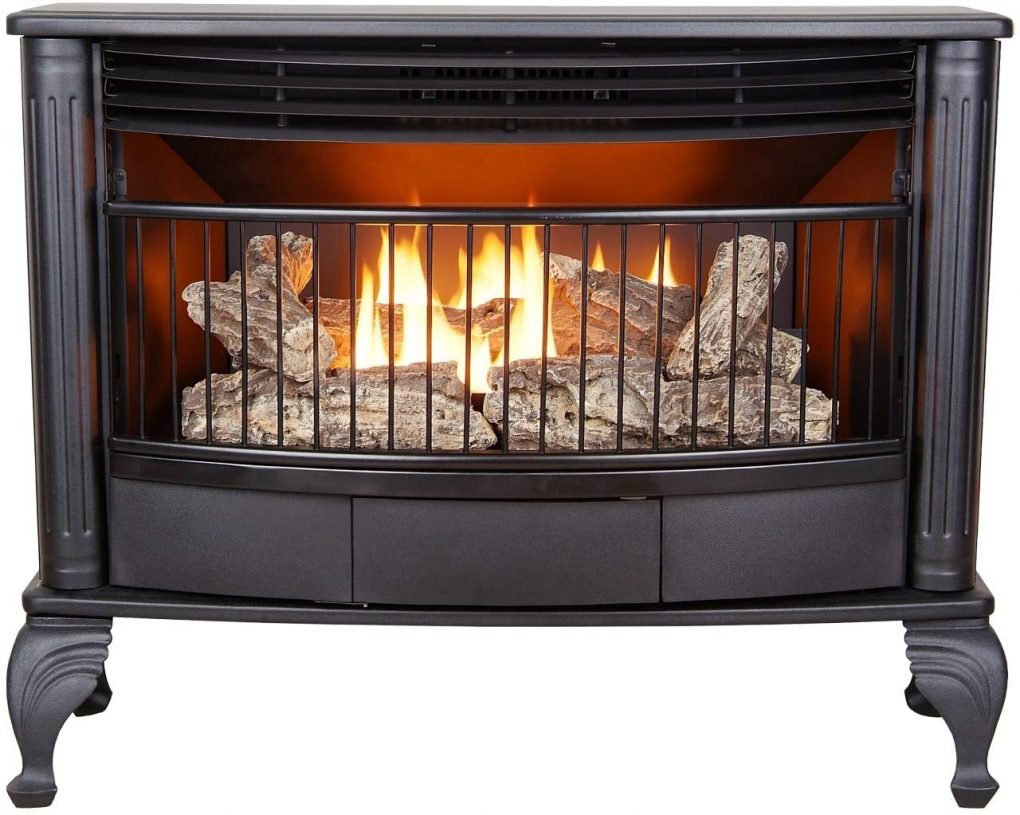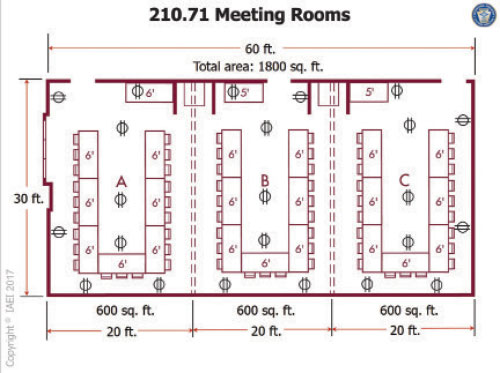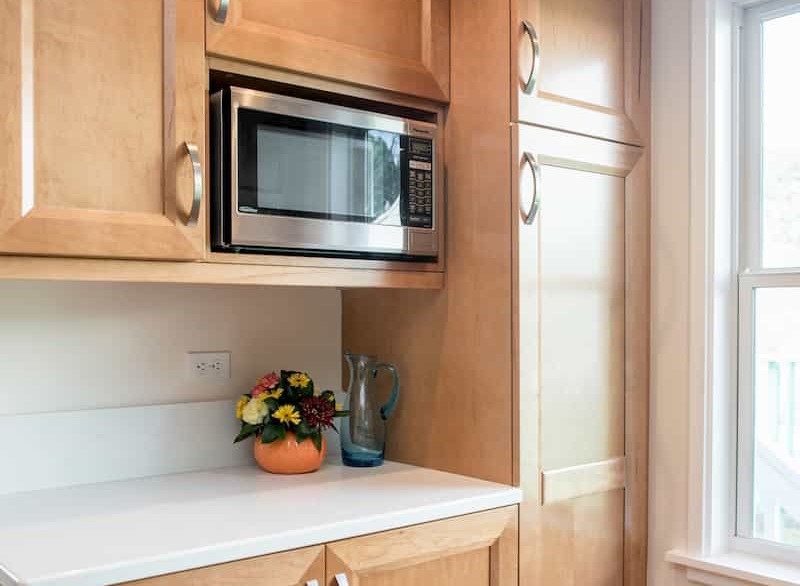When it comes to kitchen sinks, durability is a top priority. You want a sink that can withstand daily use, hold up against hot pans and heavy pots, and resist scratches and stains. Stainless steel sinks are known for their durability and are a popular choice for this reason. They are resistant to heat, stains, and scratches, making them a great long-term investment for your kitchen.1. Durability
The cost of a kitchen sink can vary greatly depending on the material, size, and features. Stainless steel sinks are generally more affordable than other materials such as granite or fireclay. However, keep in mind that a higher price may indicate better quality and durability. Consider your budget and choose a sink that meets your needs and fits your budget.2. Cost
Nobody wants to spend hours scrubbing their kitchen sink to keep it clean. That's why it's important to consider the maintenance required for different types of sinks. Stainless steel sinks are low maintenance and easy to clean. They can be wiped down with a mild soap and water, making them a convenient choice for busy households.3. Maintenance
The style of your kitchen sink can make a big impact on the overall look of your kitchen. Stainless steel sinks have a sleek and modern appearance that can complement a variety of kitchen styles. They also come in different finishes, such as brushed or polished, giving you the option to customize your sink to match your kitchen design.4. Style
Functionality is key when it comes to choosing a kitchen sink. You want a sink that can handle all your daily tasks, from washing dishes to food prep. Stainless steel sinks come in a variety of sizes and configurations, including single bowl, double bowl, and even triple bowl options. This allows for more flexibility and efficiency in the kitchen.5. Functionality
The material of your kitchen sink can affect its durability, maintenance, and style. Stainless steel is a popular choice for its durability and low maintenance, but other materials such as granite, fireclay, and porcelain can also offer unique benefits. Consider your needs and priorities when choosing the material for your kitchen sink.6. Material
The size of your kitchen sink can depend on the size of your kitchen and your daily needs. If you have a smaller kitchen, a single bowl sink may be a better fit. If you have a larger kitchen and frequently cook for a big family, a double bowl or even a triple bowl sink may be more practical. Stainless steel sinks come in a variety of sizes to accommodate different kitchen layouts and needs.7. Size
The installation process of a kitchen sink can also vary depending on the type of sink and the material. Stainless steel sinks are relatively easy to install and can be top-mounted or under-mounted, giving you options for your kitchen design. It's important to consider the installation process and factor in any additional costs when choosing your kitchen sink.8. Installation
In today's world, it's important to consider the water efficiency of your household appliances. Stainless steel sinks are known for their water efficiency, as they do not absorb water and are easy to clean and maintain. This can help conserve water and save you money on your water bill.9. Water Efficiency
No one wants a loud and clunky sink that disrupts the peace and quiet in their home. Stainless steel sinks are known for their noise reduction abilities, making them a popular choice for busy households. They also have a natural sound-absorbing quality, making for a quieter and more enjoyable kitchen experience. In conclusion, when considering the pros and cons of kitchen sinks, it's important to prioritize your needs and priorities. Stainless steel sinks offer a great balance of durability, style, and functionality, making them a top choice for many homeowners. Consider your budget, maintenance preferences, and kitchen design when choosing the perfect kitchen sink for your home.10. Noise Reduction
The Pros and Cons of Having a Kitchen Sink in Your Home

Introduction
 When it comes to designing a kitchen, one of the most important elements to consider is the sink. The kitchen sink is an essential part of any household, used for cooking, cleaning, and washing dishes. However, before deciding on the type of kitchen sink to install in your home, it is important to weigh the pros and cons. In this article, we will discuss the advantages and disadvantages of having a kitchen sink in your home.
When it comes to designing a kitchen, one of the most important elements to consider is the sink. The kitchen sink is an essential part of any household, used for cooking, cleaning, and washing dishes. However, before deciding on the type of kitchen sink to install in your home, it is important to weigh the pros and cons. In this article, we will discuss the advantages and disadvantages of having a kitchen sink in your home.
The Pros of Having a Kitchen Sink
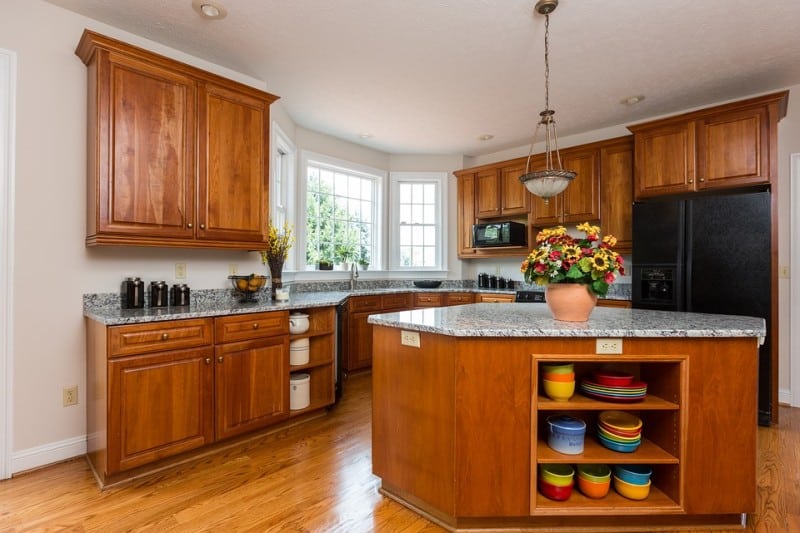 1. Versatility
- One of the main advantages of having a kitchen sink is its versatility. With a variety of sizes, shapes, and designs available, you can choose a sink that best fits your needs and complements your kitchen's overall design. Whether you need a large sink for washing big pots and pans or a smaller one for a compact kitchen, there is a sink to suit every space.
2. Functionality
- A kitchen sink is used for a variety of tasks, from washing dishes to preparing food. With a well-designed sink, you can easily carry out these tasks without any inconvenience. Some sinks also come with additional features such as a built-in cutting board or a drying rack, making your kitchen more functional and efficient.
3. Hygiene
- The kitchen sink is an important tool for maintaining hygiene in your home. It allows you to easily wash your hands, fruits and vegetables, and other kitchen tools, preventing the spread of germs and bacteria. With a well-maintained sink, you can ensure that your kitchen remains clean and healthy.
4. Aesthetics
- Kitchen sinks come in a variety of materials such as stainless steel, porcelain, and granite, allowing you to choose one that complements your kitchen's design and adds to its overall aesthetics. A well-designed sink can be a focal point in your kitchen, making it more visually appealing.
1. Versatility
- One of the main advantages of having a kitchen sink is its versatility. With a variety of sizes, shapes, and designs available, you can choose a sink that best fits your needs and complements your kitchen's overall design. Whether you need a large sink for washing big pots and pans or a smaller one for a compact kitchen, there is a sink to suit every space.
2. Functionality
- A kitchen sink is used for a variety of tasks, from washing dishes to preparing food. With a well-designed sink, you can easily carry out these tasks without any inconvenience. Some sinks also come with additional features such as a built-in cutting board or a drying rack, making your kitchen more functional and efficient.
3. Hygiene
- The kitchen sink is an important tool for maintaining hygiene in your home. It allows you to easily wash your hands, fruits and vegetables, and other kitchen tools, preventing the spread of germs and bacteria. With a well-maintained sink, you can ensure that your kitchen remains clean and healthy.
4. Aesthetics
- Kitchen sinks come in a variety of materials such as stainless steel, porcelain, and granite, allowing you to choose one that complements your kitchen's design and adds to its overall aesthetics. A well-designed sink can be a focal point in your kitchen, making it more visually appealing.
The Cons of Having a Kitchen Sink
 1. Cost
- Depending on the material and design, kitchen sinks can be quite expensive. This can be a disadvantage for those on a tight budget. However, investing in a good quality sink can save you money in the long run, as it will be more durable and require less maintenance.
2. Maintenance
- Kitchen sinks require regular maintenance to keep them clean and functioning properly. This can be time-consuming and may require additional cleaning products. Neglecting to maintain your sink can lead to clogs, leaks, and other issues that can be costly to repair.
3. Limited Space
- In smaller kitchens, a kitchen sink can take up a significant amount of space, leaving you with less counter space for food preparation. This can be a disadvantage for those who need more workspace in their kitchen.
1. Cost
- Depending on the material and design, kitchen sinks can be quite expensive. This can be a disadvantage for those on a tight budget. However, investing in a good quality sink can save you money in the long run, as it will be more durable and require less maintenance.
2. Maintenance
- Kitchen sinks require regular maintenance to keep them clean and functioning properly. This can be time-consuming and may require additional cleaning products. Neglecting to maintain your sink can lead to clogs, leaks, and other issues that can be costly to repair.
3. Limited Space
- In smaller kitchens, a kitchen sink can take up a significant amount of space, leaving you with less counter space for food preparation. This can be a disadvantage for those who need more workspace in their kitchen.
Conclusion
:max_bytes(150000):strip_icc()/basic-kitchen-sink-types-1821207-hero-54418ed30f9540a9aa6148a1394f33a6.jpg) In conclusion, having a kitchen sink in your home has its pros and cons. It is important to carefully consider your needs and the design of your kitchen before choosing a sink. With proper maintenance and regular cleaning, a kitchen sink can be a valuable addition to your home, providing functionality, hygiene, and aesthetics.
In conclusion, having a kitchen sink in your home has its pros and cons. It is important to carefully consider your needs and the design of your kitchen before choosing a sink. With proper maintenance and regular cleaning, a kitchen sink can be a valuable addition to your home, providing functionality, hygiene, and aesthetics.






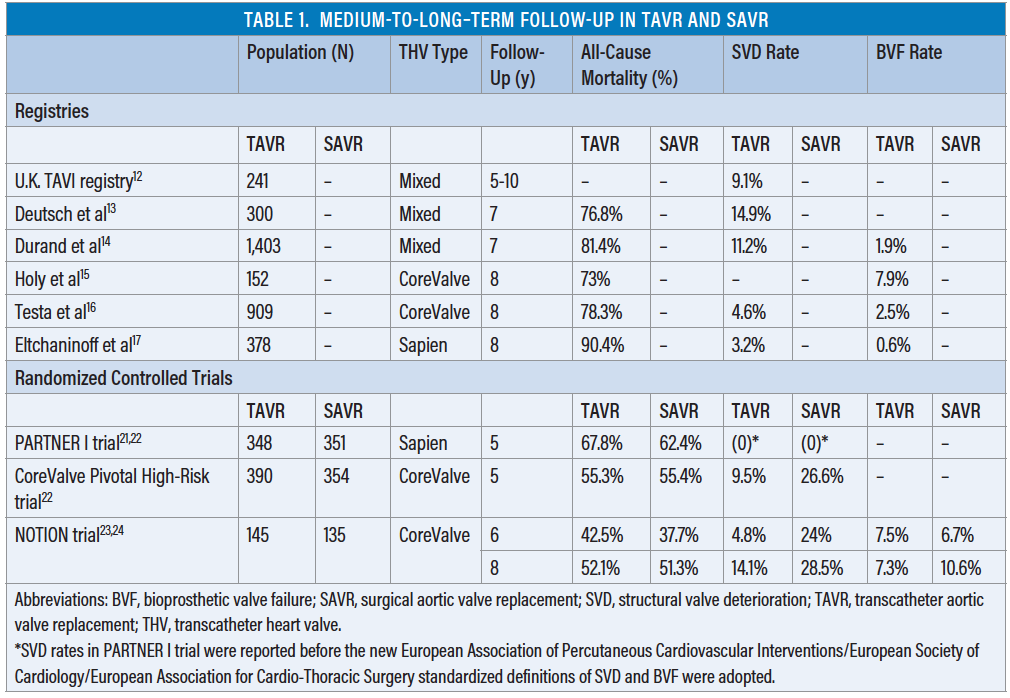




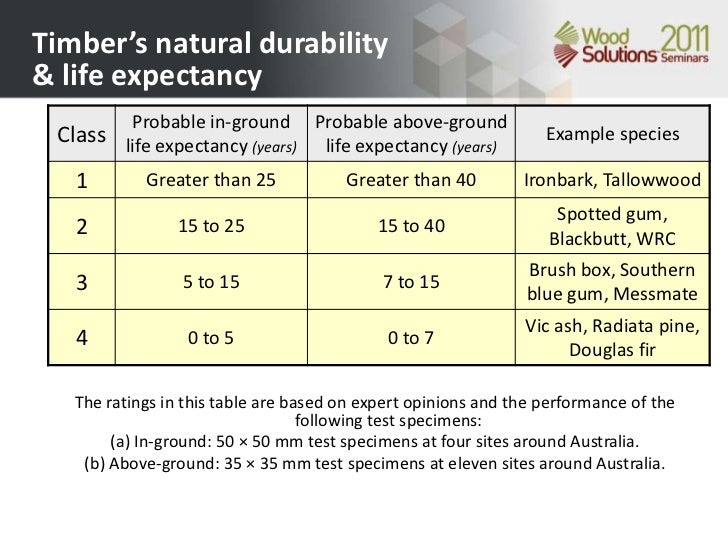
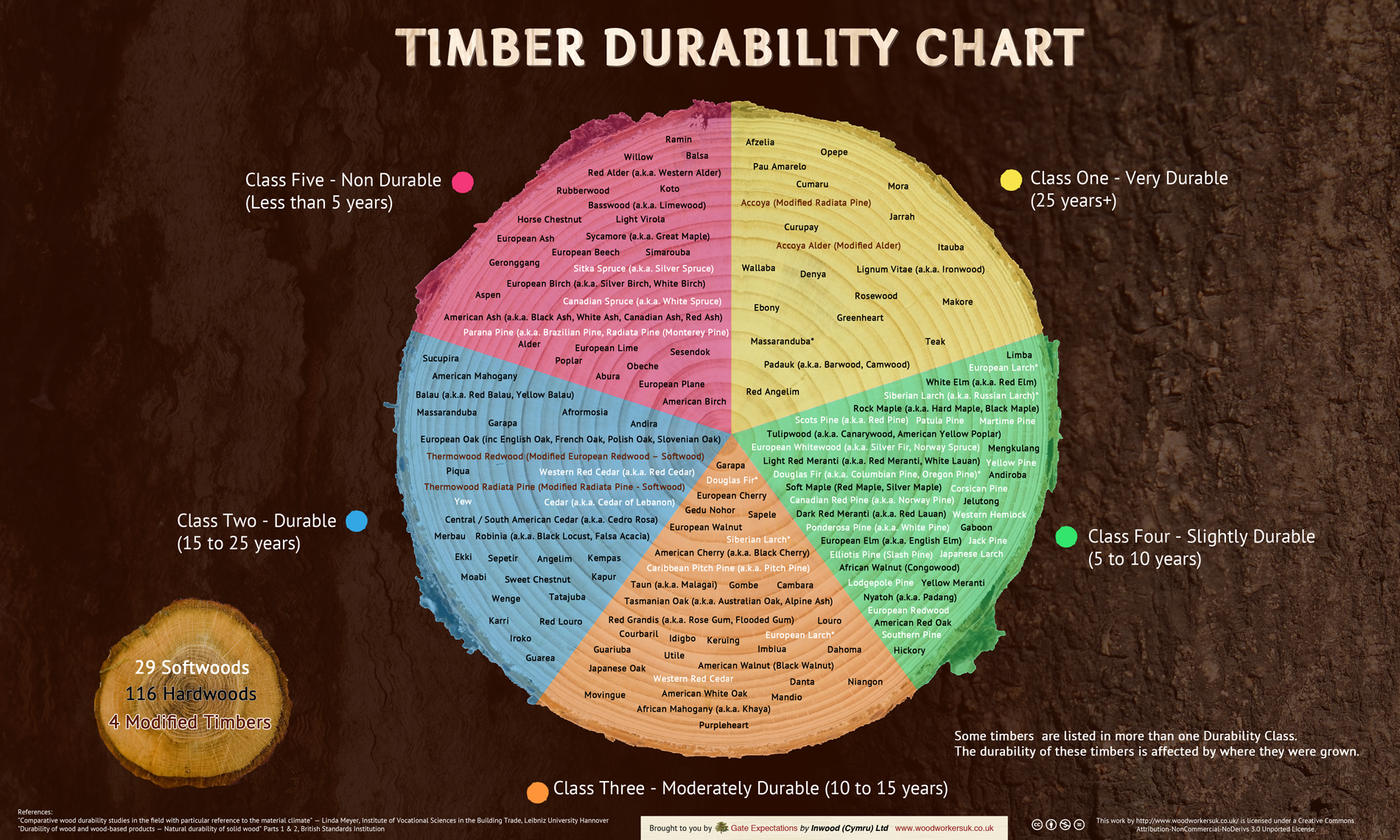


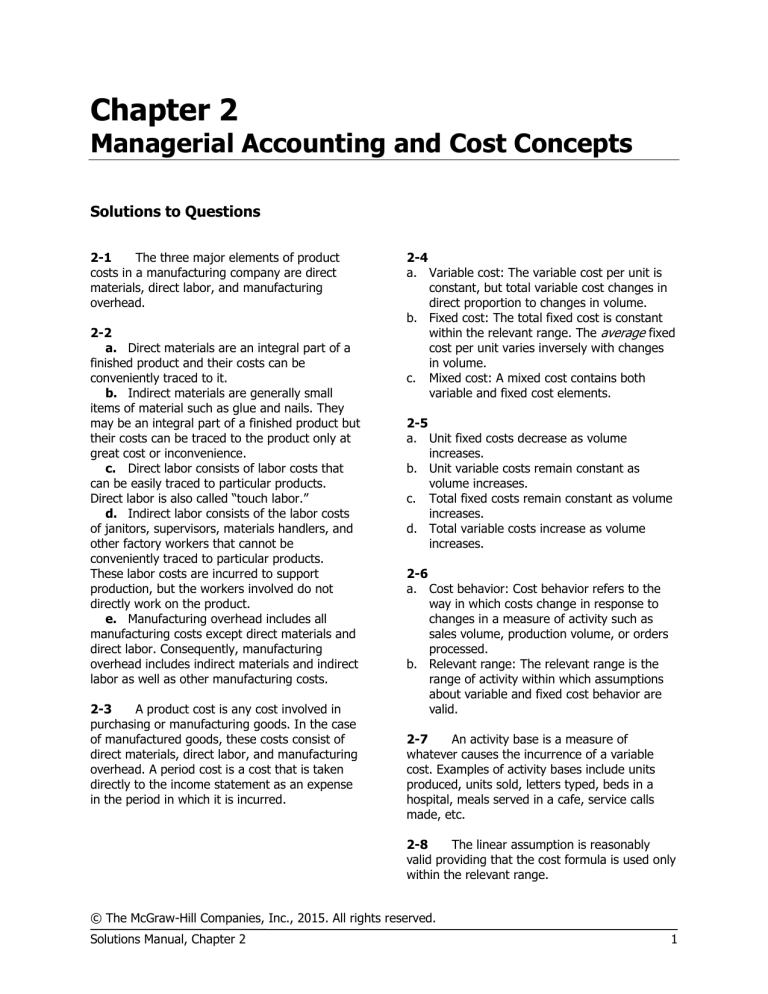


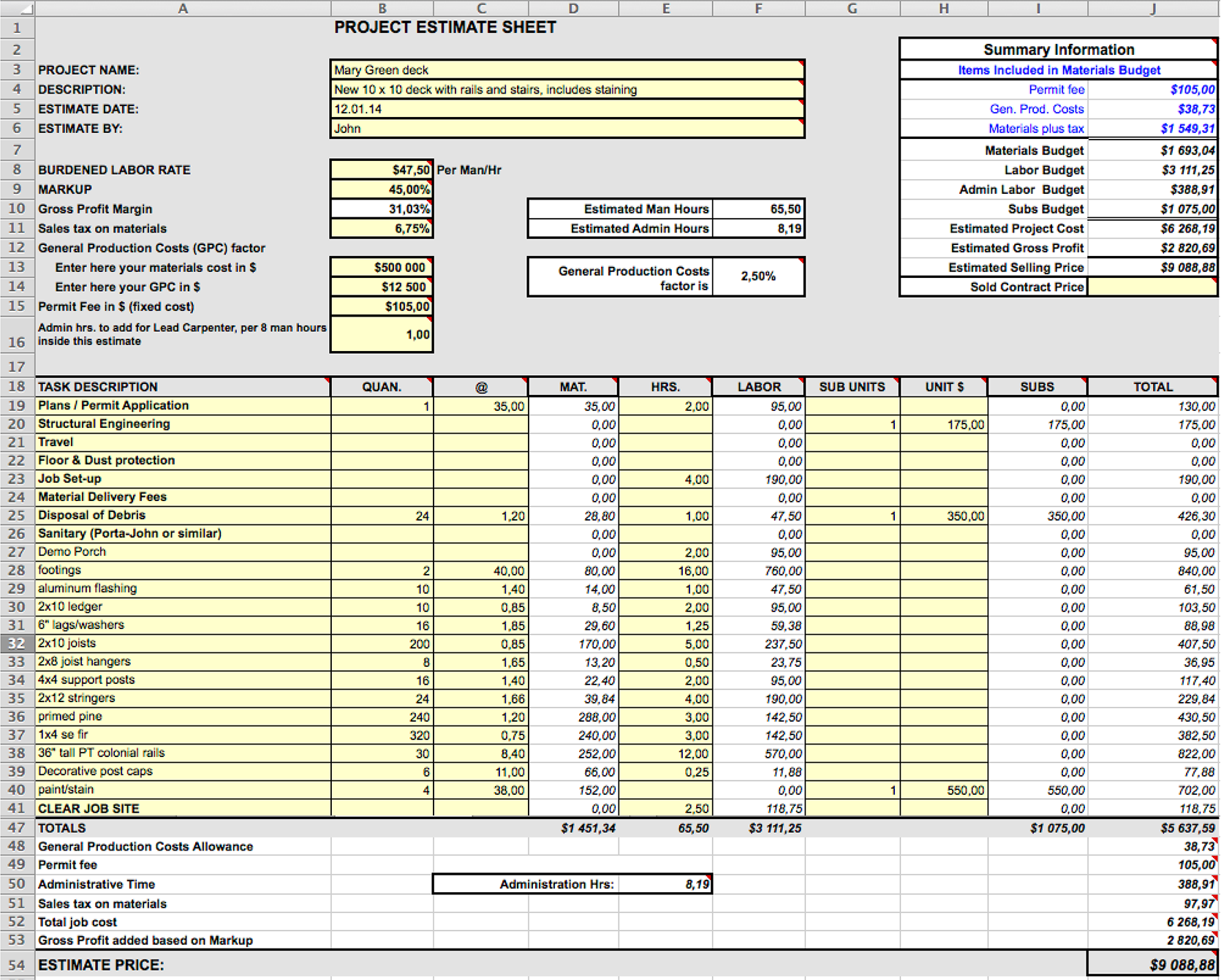
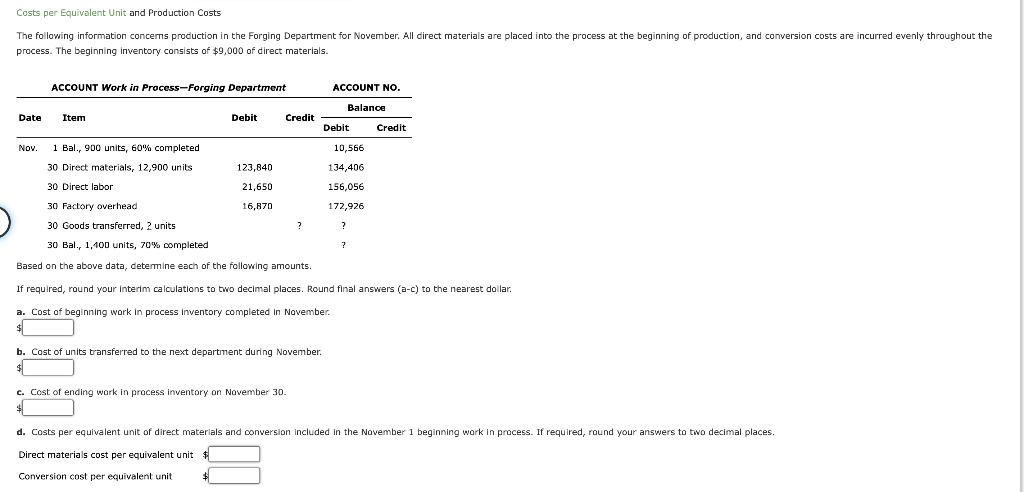




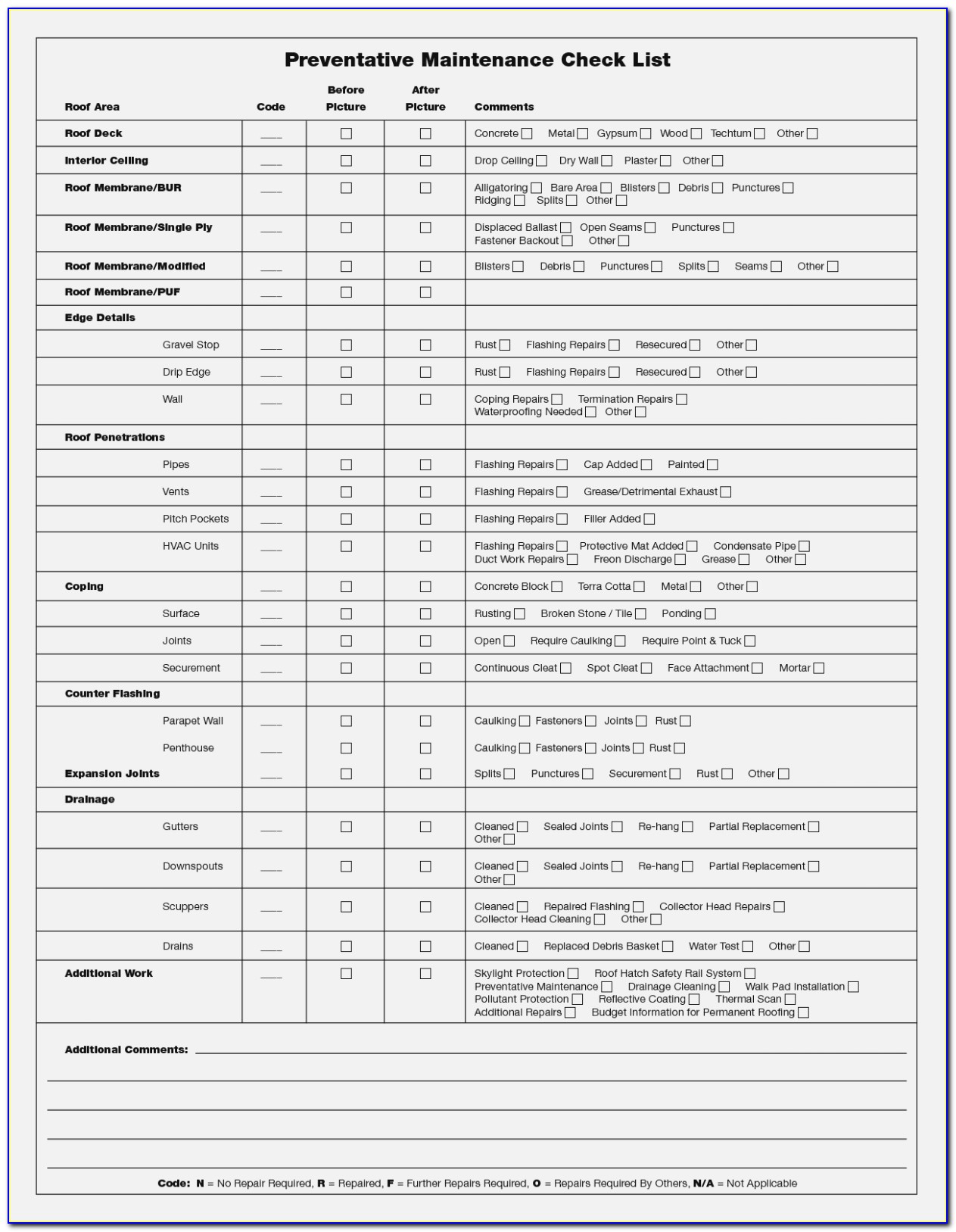

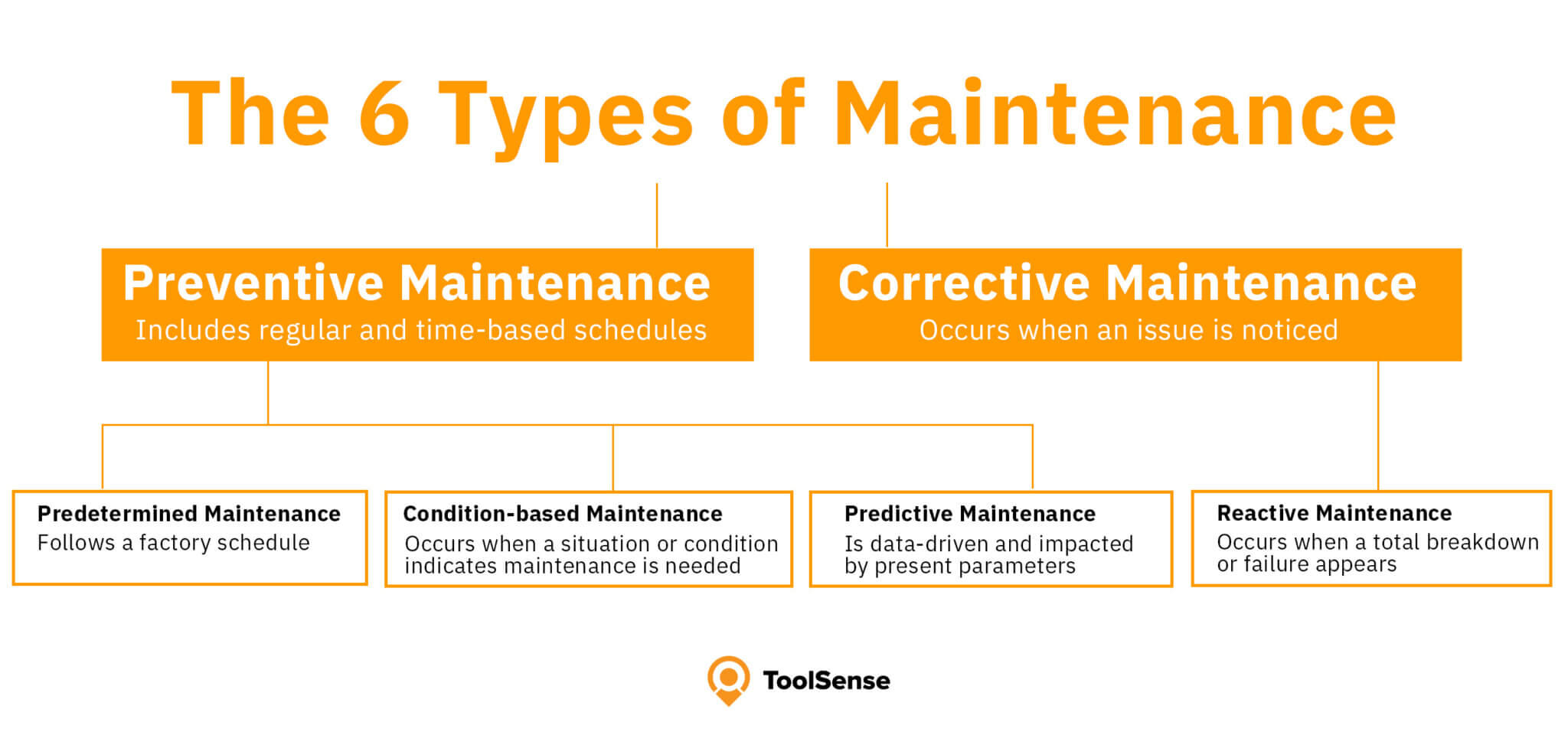
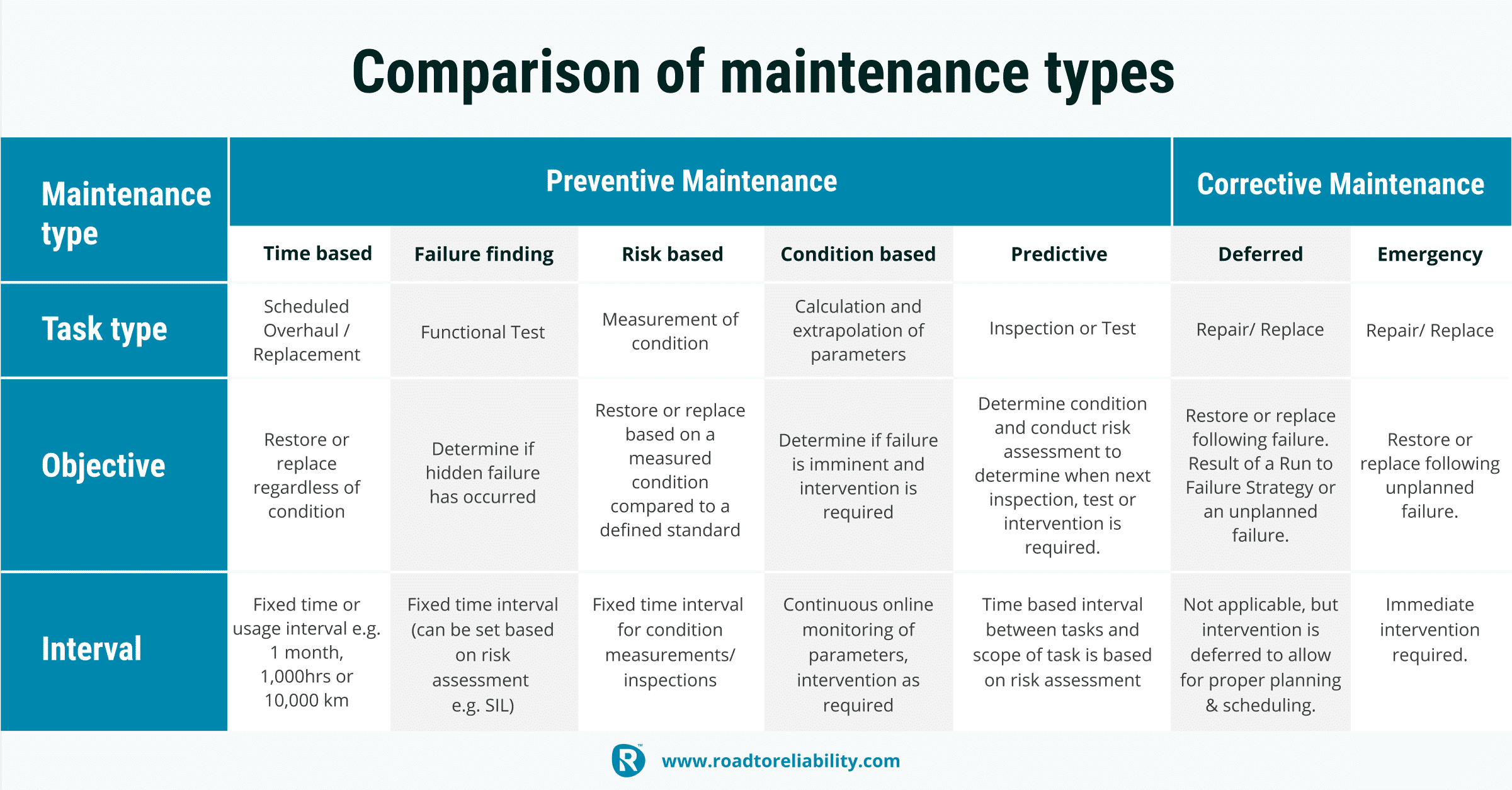
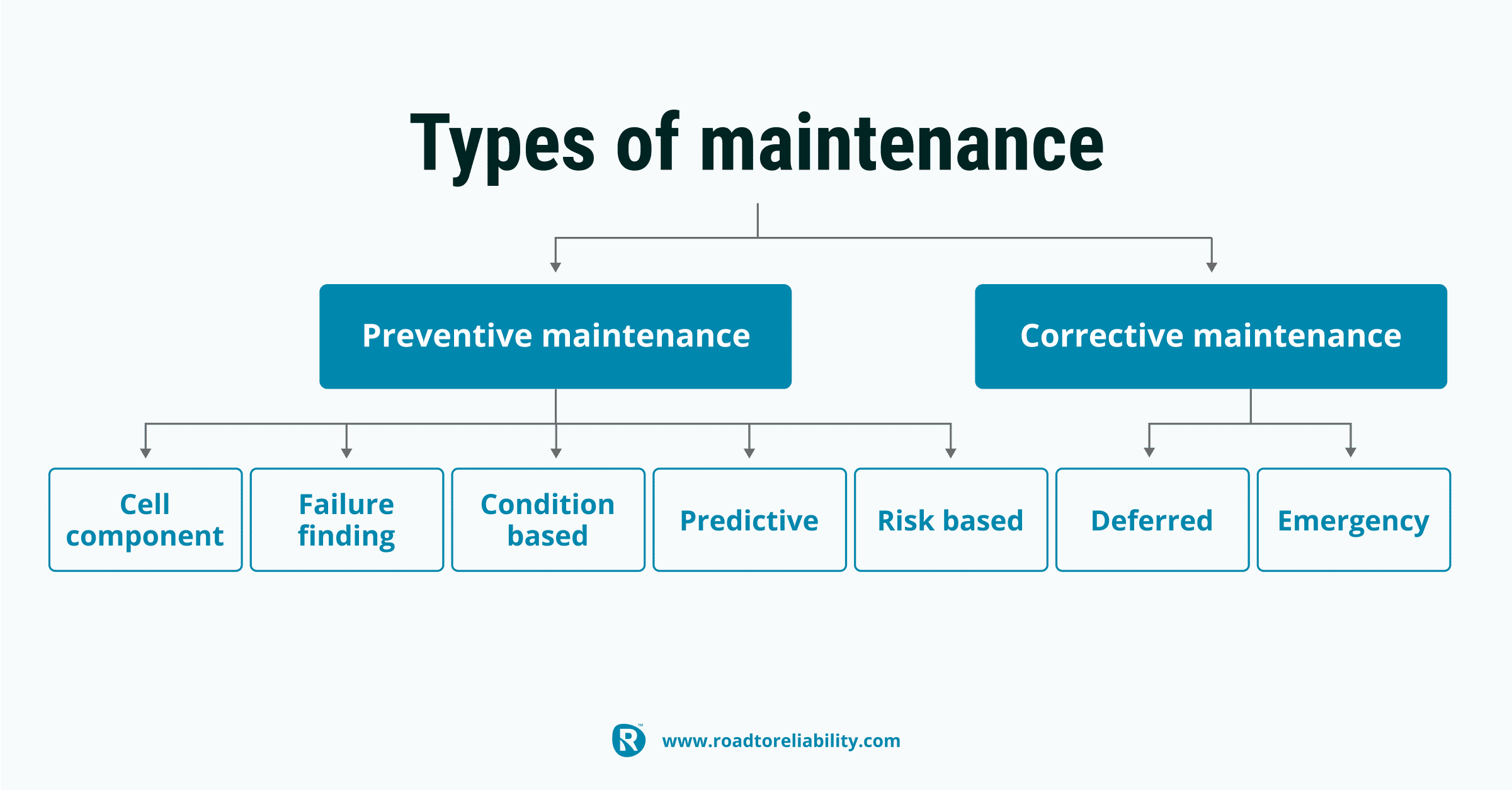

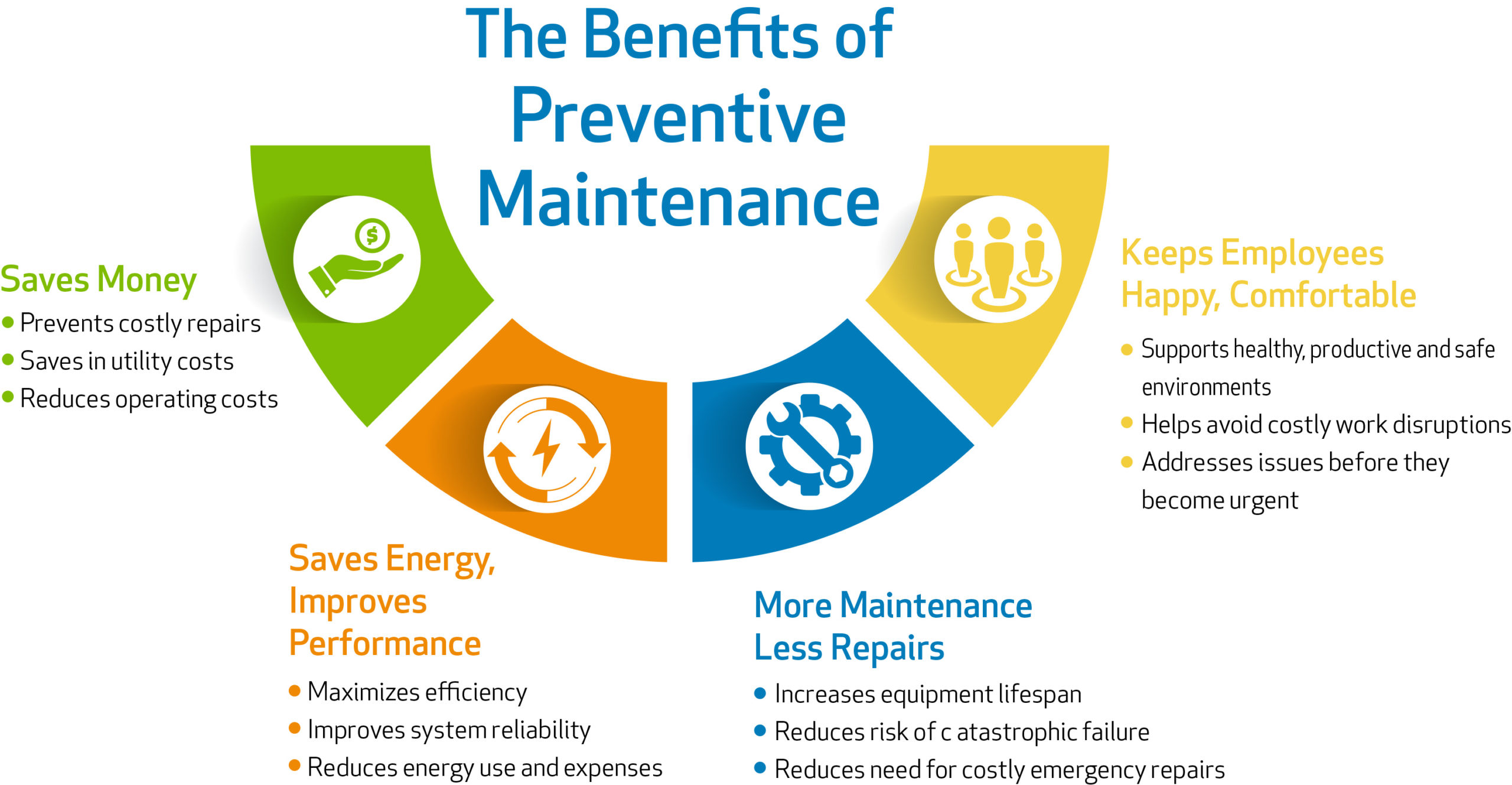




























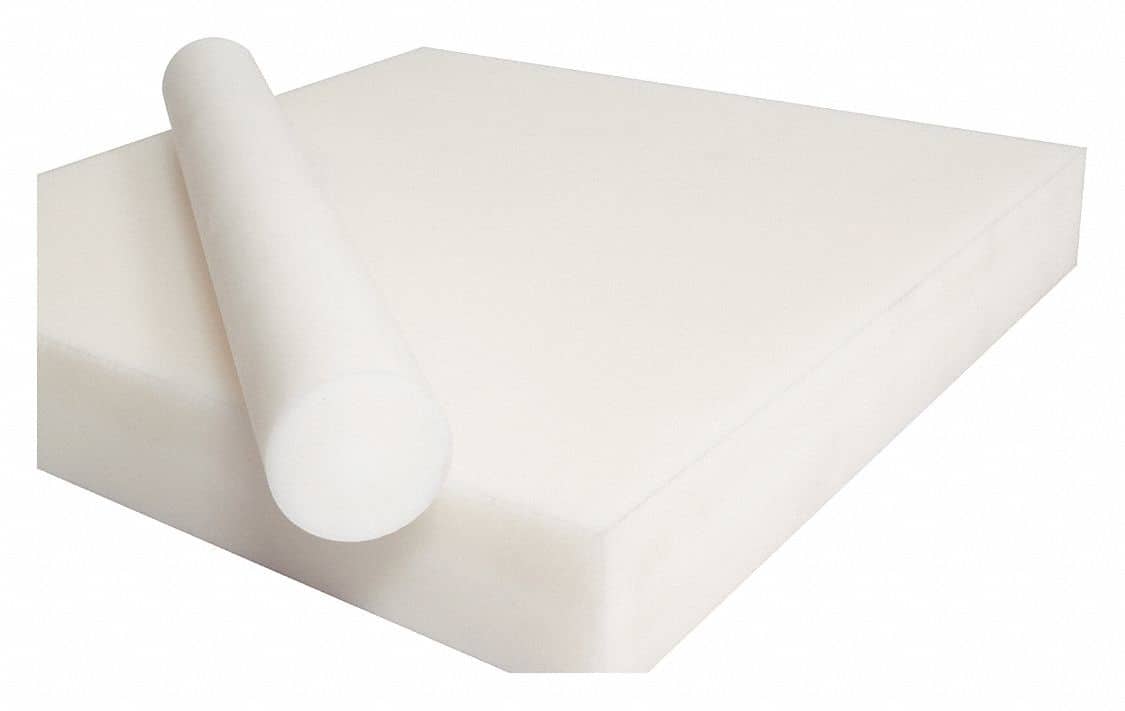

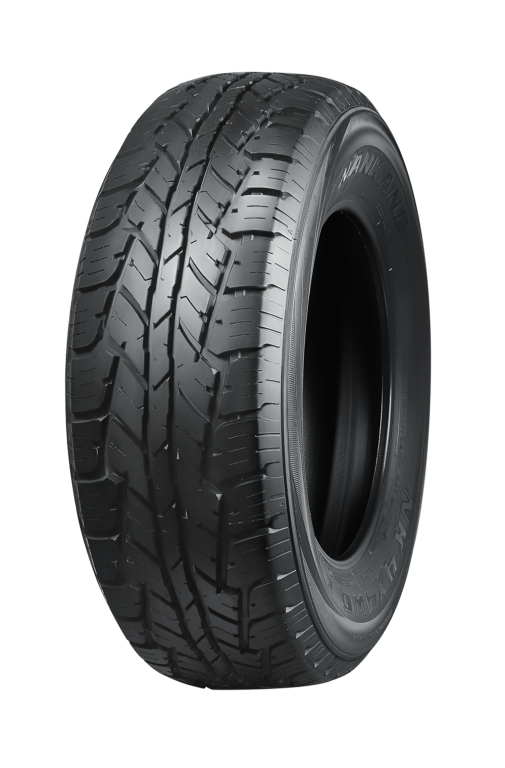


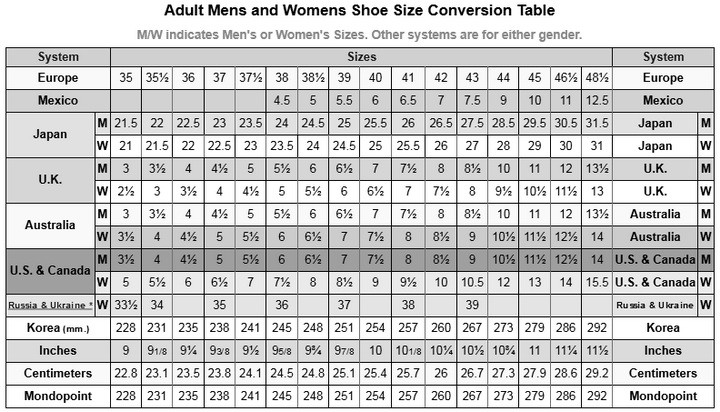










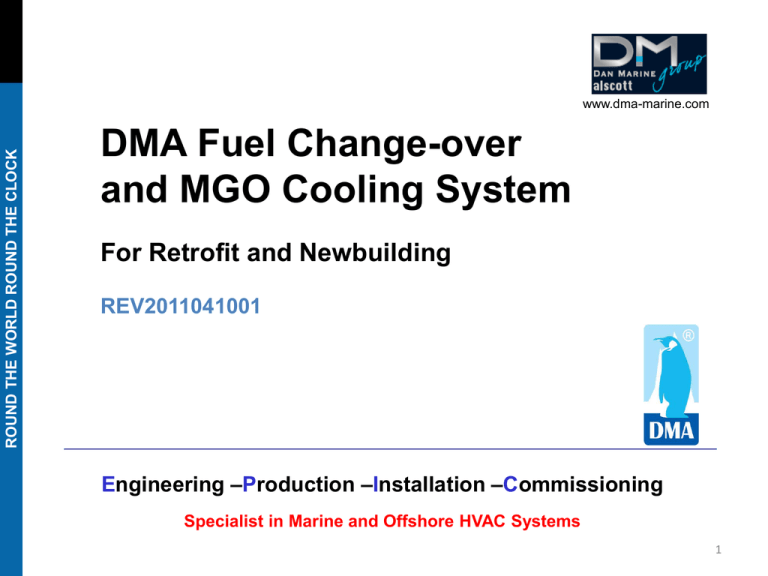





:max_bytes(150000):strip_icc()/windows-8-clean-install-09-580712225f9b5805c20bf2d3.png)








